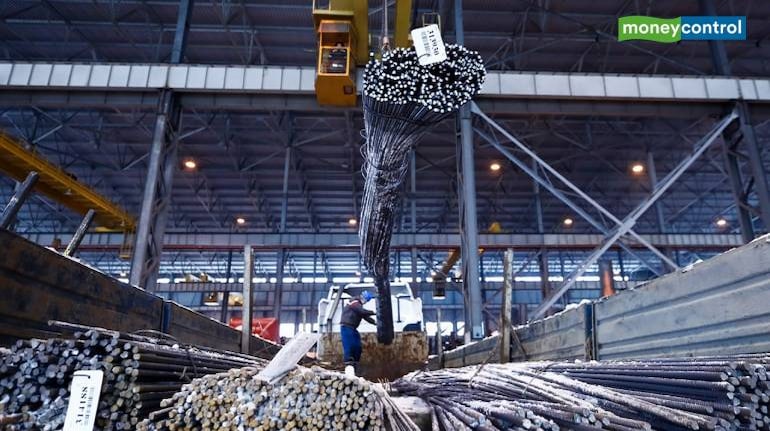



As India gears up for the upcoming union budget, analysts are closely monitoring the infrastructure spending, with expectations of increased allocations for projects that could drive growth in the domestic metals industry. While major reforms in the metals and mining sector may not be anticipated, industry experts are particularly attentive to any announcements related to critical minerals policy and changes in import/export duties.
"While Government capex has been doing bulk of the heavy lifting, private sector capex generally remained tepid. Therefore, the Government’s capex outlay in the upcoming Union Budget 2024 will remain a key pillar that can partly insulate the domestic metals sector from the uncertainty prevailing in most large global consumption and production hubs due to the prospect of subpar economic growth over the near term," said Jayanta Roy, Senior Vice President & Group Head-Corporate Ratings, ICRA Limited.
Also read: India’s steel import to remain elevated at 6MT in FY24 amid robust demand: Crisil
In 2024, the minerals and metals industry in India is expected to play a pivotal role in filling production gaps and reducing dependence on imports. Policy reforms and government incentives are anticipated to contribute to this shift. "The import risks of critical minerals may be reduced by developing resilient supply chains, signing trade agreements, and acquiring mining assets abroad," consultancy firm Deloitte said in its budget expectations report.
"The mining industry has drawn significant policy attention from the government over last few years with amendments to various mining laws & regulations as well as auction of multiple minerals including critical minerals this month. We expect larger allocations particularly to promote evacuation infrastructure, exploration and processing technologies," said Yogesh Daruka power & utilities and mining advisory partner at PwC India.
Also read: 2024: Metals and Mining to see accelerate domestic production, decarbonisation in focus
Deloitte further flagged the importance for raising the budget allocation for research and development (R&D) activities. "In this budget, the government’s focus should be on the transition from carbon-dependent to energy-efficient policies," it added.
The expectations come amid India's ambitious goal to achieve 50 percent of cumulative electric power installed capacity from non-fossil sources by 2030.
Acuité Ratings & Research's Chief Economist Suman Chowdhury predicts the government to announce some framework for private exploration of critical minerals. "Since they are already in process of inviting bids, some framework is likely to be announced," he added.
However, analysts don't expect major reforms or allocations. Since it is an election year, the government will not be presenting a full-fledged budget. Instead, an interim budget makes provisions for managing expenses and revenues for a short period until a new government is elected.
"There could be some tinker about import duty but chances are low because it doesn't seem like the commodity companies are incurring any losses. One can watch out for the infrastructure spending announcement since that would be an indicator for the steel demand," said Ravi Sodah, equity analyst at Elara Capital.
Meanwhile, Jindal Stainless, in a statement on January 5, proposed long-term exemption of basic customs duty on ferro nickel and ferro molybdenum.
Discover the latest Business News, Sensex, and Nifty updates. Obtain Personal Finance insights, tax queries, and expert opinions on Moneycontrol or download the Moneycontrol App to stay updated!
Find the best of Al News in one place, specially curated for you every weekend.
Stay on top of the latest tech trends and biggest startup news.